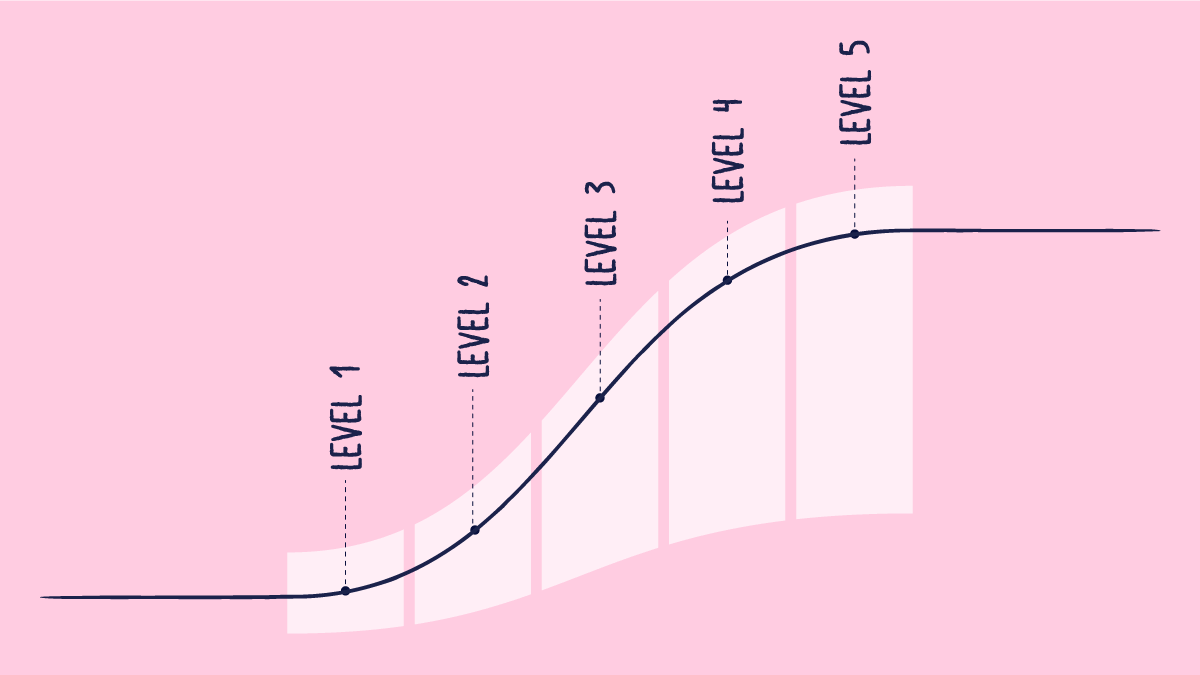Premarket Approval (PMA)
Premarket approval (PMA) is the review process for medical devices by the US Food and Drug Administration (FDA) to ensure medical device safety and efficiency.
What Is Premarket Approval?
With a PMA, the FDA poses rigorous requirements on medical devices. And without approval, manufacturers or device owners are barred from bringing their devices to market in the United States. All medical devices of Class III must receive PMAs, which are granted once the FDA committee determines the application has solid scientific evidence proving the device is safe and can provide the claimed health value to patients.
Medical Devices Classification
The FDA classifies medical devices to organize regulatory processes. This classification divides medical devices into three classes, depending on their potential risk posed to patients. Each class falls under different regulatory controls:
- Class I: Medical devices of class I are the least risky for patients and must comply with general controls. Example devices include stethoscopes, medical protective supplies, surgical scalpels, and wheelchairs.
- Class II: medical devices are associated with moderate to high risk. These devices have a complex design and may have continuous contact with the human body. Class II medical devices are subjects to general controls and special controls when required. Example devices include catheters, contact lenses, and absorbable sutures.
- Class III: Medical devices of this category are considered the most dangerous and must go through the strictest regulatory process: PMA. Example devices include implants, ventilators, and pacemakers.
New devices that cannot be found in the classification database have a high risk for patients and are not equivalent to devices of class I, II, or III must instead receive PMA before entering the American market.
Who Can Submit a PMA Application?
Anyone who possesses the data required for PMA or has authorized access to it may apply for a PMA. This can be an organization, an individual, a corporation, a scientific establishment, or any other legal entity. Usually, the device owner or manufacturer submits a PMA application.
Required Data for PMA
The FDA requires a PMA application to be well-structured, consistent, and provide enough scientific data. In case a PMA application is inaccurate or lacks critical information, the committee may postpone or deny the approval. Every PMA application must include the following technical sections:
- Non-clinical lab studies: This section provides the results of non-clinical studies, reporting data on microbiological, toxicological, immunological, biocompatibility, stress, wear, shelf life, and other laboratory or animal tests. The tests should be conducted under the guidance of the Good Laboratory Practice for Nonclinical Laboratory Studies.
- Clinical investigations: This section presents the results of clinical trials involving human patients. Clinical investigation results must provide data on the clinical trial process, the participating patients, the device's effectiveness and safety, its adverse effects, and failures.
PMA application must include the labeling proposed for the device marketing. It may include instructions on how to install and use the device, advertising, or other materials listed in Part 201(m) of the FDC Act.
The 4-Step PMA Review Process
1. Initial review
This takes the FDA 45 days to check if the application is properly organized and has all necessary information to continue the review. During this initial stage, the FDA may ask for additional data and set deadlines for their submission. If applicants fail to meet those deadlines, they will need to resubmit the PMA entirely.
2. Substantive review
If the first stage resulted in filing a PMA, an in-depth scientific review begins. During this stage, the FDA verifies if the application meets regulatory and quality requirements. The applicant will receive notifications if additional information will be needed. This substantive review can take up to 180 days.
3. Panel review
The FDA may ask experts from outside the agency (i.e., an advisory committee) to review the application.
4. Decision announcement
If there are no reasons for denying a PMA, the FDA will issue their public approval.
The FDA also applies PMA post-approval requirements that include labeling and advertising requirements, periodic reporting on device safety and effectiveness, device batch testing, or other requirements the FDA considers necessary.
Conclusion
Medical devices are used to help healthcare professionals treat patients efficiently, prevent disease, and support their patients’ health, but most importantly, they save lives. However, despite their benefits, using some of these devices can be risky. That is why high-risk medical devices must first receive a PMA to prove their safety and efficiency for the intended use before entering the US market.
Without a PMA, manufacturers cannot legally distribute and advertise class III medical devices in the United States. The FDA provides extensive guidelines that allow manufacturers to build the development process around those guidelines and lower the time-to-market as much as possible. Although applying for a PMA requires time, financial resources, and effort, once it is granted it confirms that a manufacturer followed established protocols and was able to prove the device’s safety and effectiveness.
Additional resources

How to Implement the Continuous Improvement Cycle | Scilife
Even an organization with stellar leadership and a solid core of employees experiences hiccups from time to time. Despite having assembled all the ...

How to assess and enhance your Quality Management Maturity | Scilife
As the life sciences industry becomes increasingly regulated and competitive, quality management has become more vital than ever. Are you confident ...

Best Quality Management Software (QMS) for Life Sciences | Scilife
The right electronic Quality Management System (eQMS) can help strengthen your compliance processes and build a culture of quality within your ...

How to write a good quality plan for medical devices | Scilife
In life sciences, especially if you’re in the medical device industry it becomes harder to manage projects in accordance with your company’s quality ...
Turn quality into your brightest asset with Scilife
